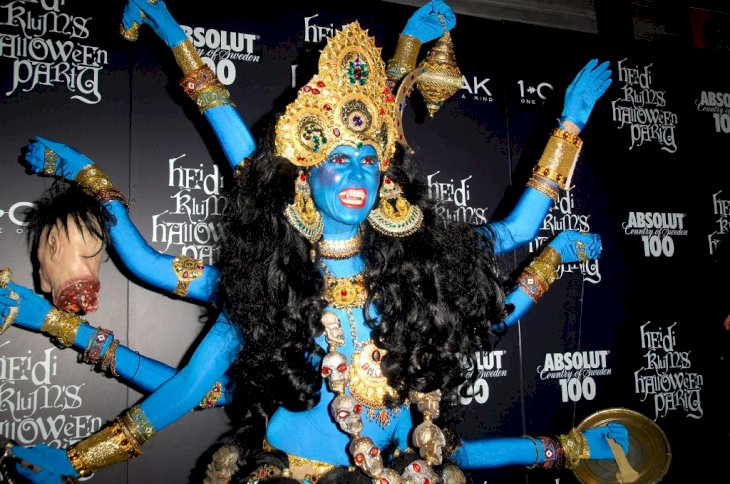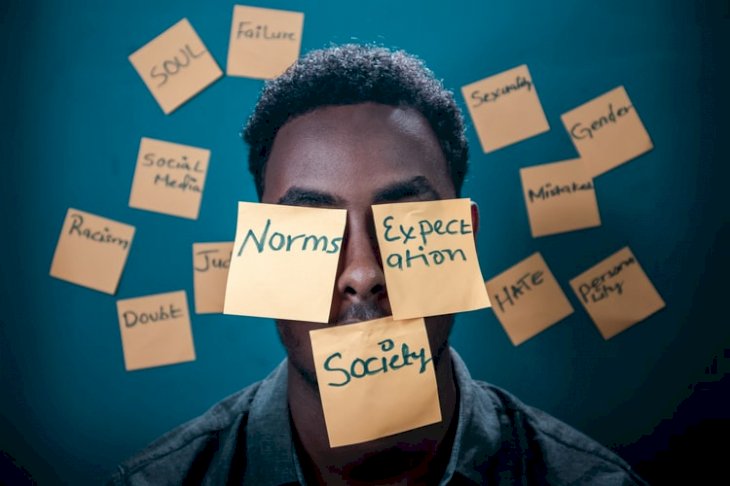
Unpacking The Damaging Effects Of Cultural Appropriation
Cultural appropriation is a term that we hear time and time again for all the wrong reasons. Many still seem to not fully grasp the adverse effects it has on society, even after many lessons about it.
We have seen many examples of cultural appropriation in the media for decades. Fortunately, more people have been aware and educated enough to address it as an issue over the past decade.
However, addressing cultural appropriation does not always mean that guilty parties know why they are wrong. As a result, we've collated information to unpack why cultural appropriation has damaging effects.
What Is Cultural Appropriation?

Getty Images
Cultural appropriation refers to the use of elements of a less dominant culture without acknowledgment or respect. These elements can include anything from words, food, clothing, and cultural practices.
Cultural appropriation can contribute to oppression by reinforcing stereotypes and stripping cultures from their dignity. Unfortunately, many people still don't realize when they're culturally appropriating a group of people.

Getty Images
Cultural appropriation is complex since we live in a global community that encourages the merging of cultures. What separates cultural appropriation from appreciation is respect and inclusion of the originating culture.
For example, it's cultural appropriation to open a martial arts gym entirely operated by non-Asians. However, it's cultural appreciation to learn martial arts from a culturally knowledgeable instructor.
The Negative Effects

Photo by Yasin Yusuf on Unsplash
Cultural appropriation may not seem like an issue to perpetrators, but it affects non-dominant cultures. Elements that are considered undesirable about these cultures are stolen and seen as more desirable.
This reinforces that oppressed cultures are less valuable. For example, when a black woman wears braids, they're considered unprofessional in the workplace, but they're fantastic when white women wear them.

Photo by Andrew James on Unsplash
"The root cause of cultural appropriation is a lack of respect for other cultures. Cultural appropriation will continue as long as people believe that other cultures exist to be used rather than respected."
Says Dr. Hall
Psychology professor Dr. Gordon Nagayama Hall explains how cultural appropriation triggers historical trauma. Cultural appropriation has involved displacement over generations which results in poor mental, physical and spiritual health.
How To Identify Cultural Appropriation

Photo By Madison Lavern on Unsplash
If you are still unsure whether you have participated in cultural appropriation, you may need some guidance. Asking yourself a few questions can help you identify whether something is or isn't cultural appropriation.
Explore the goal behind the situation you aren't sure about to identify whether it's cultural appropriation. Ask yourself if you're exploring cultural history or following trends. You should also ask if you are respectful.

Getty Images
Other aspects to consider are whether you're supporting original works or reinforcing stereotypes. One should also inspect costumes and clothing items for cultural significance to avoid appropriation.
Experts suggest that teaching children about various cultures at a young age could help minimize appropriation. Taking the time to learn more is also a significant step in the right direction for adults.